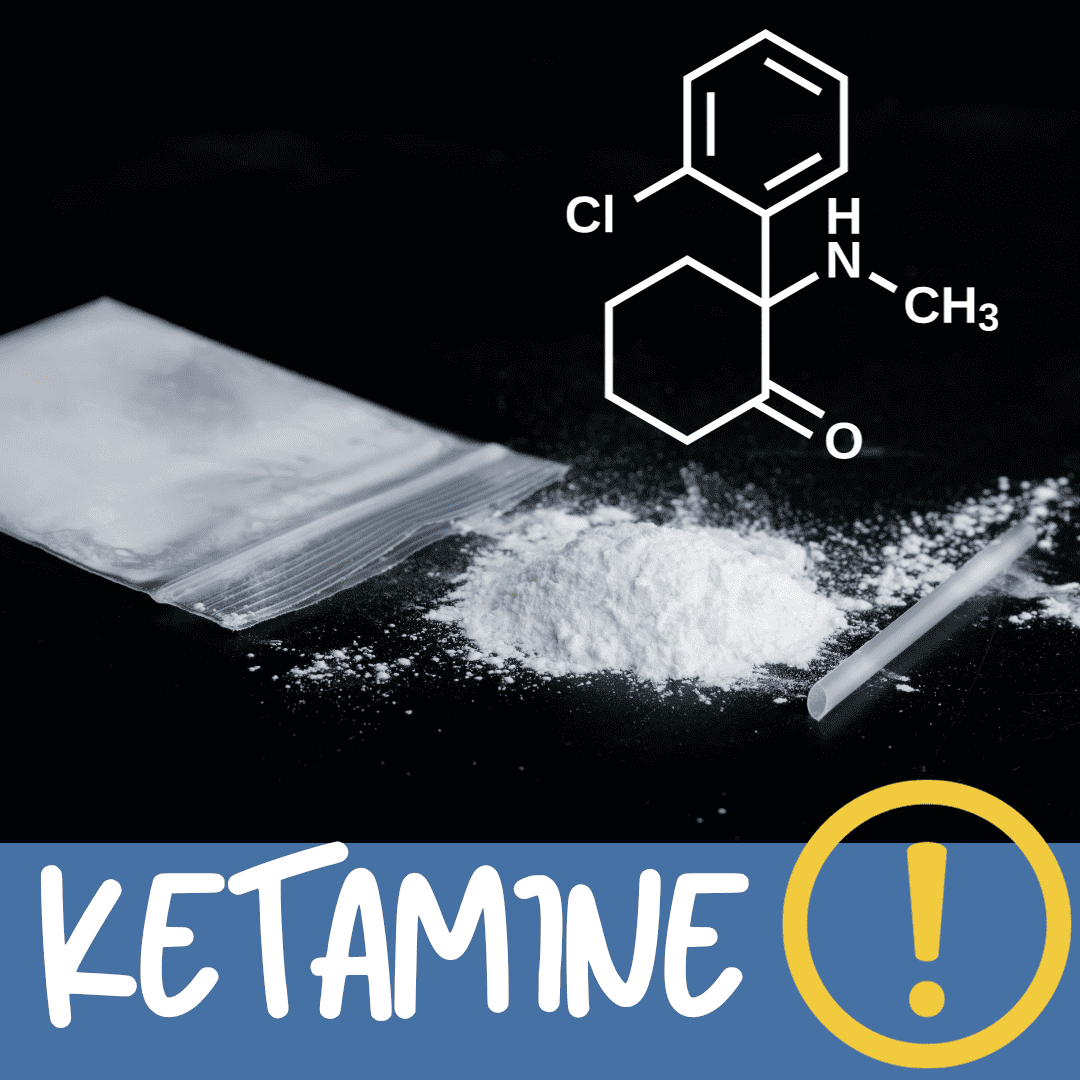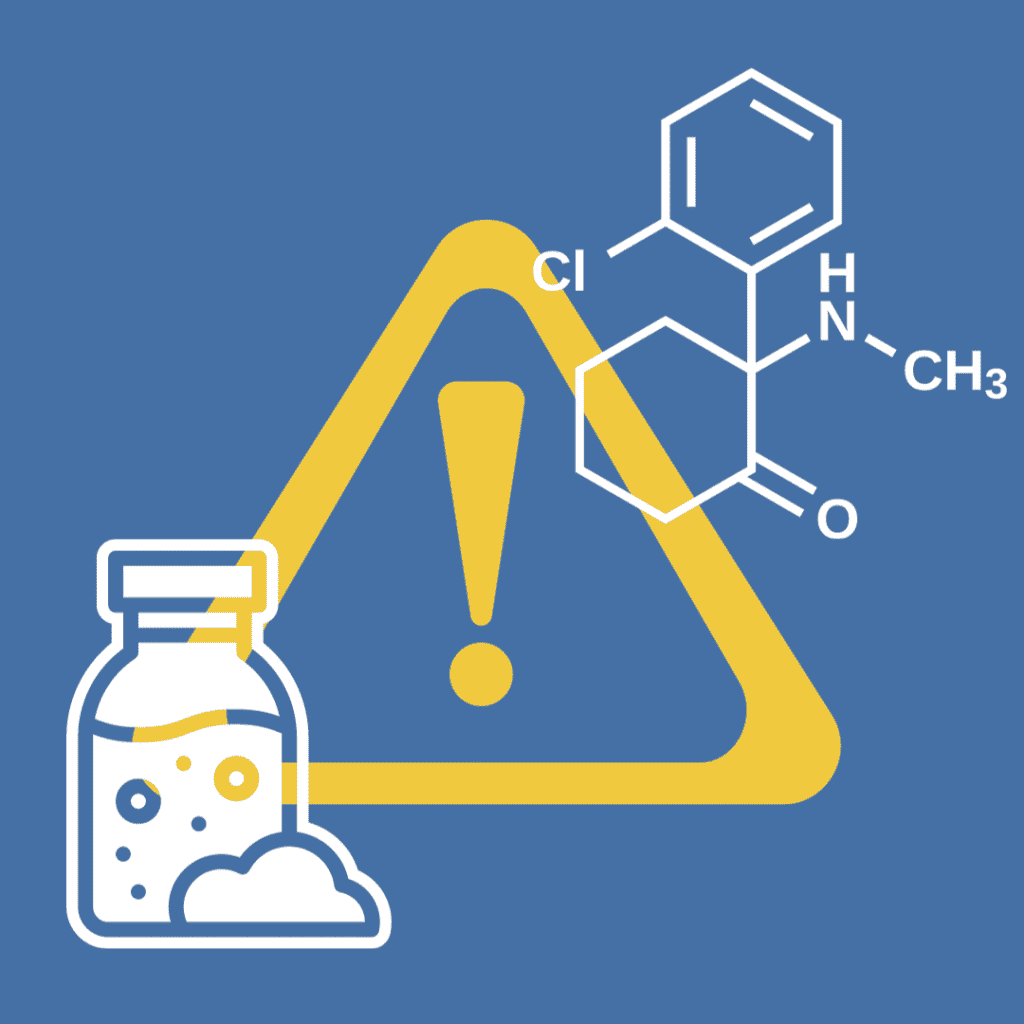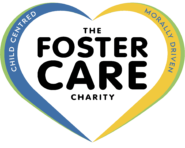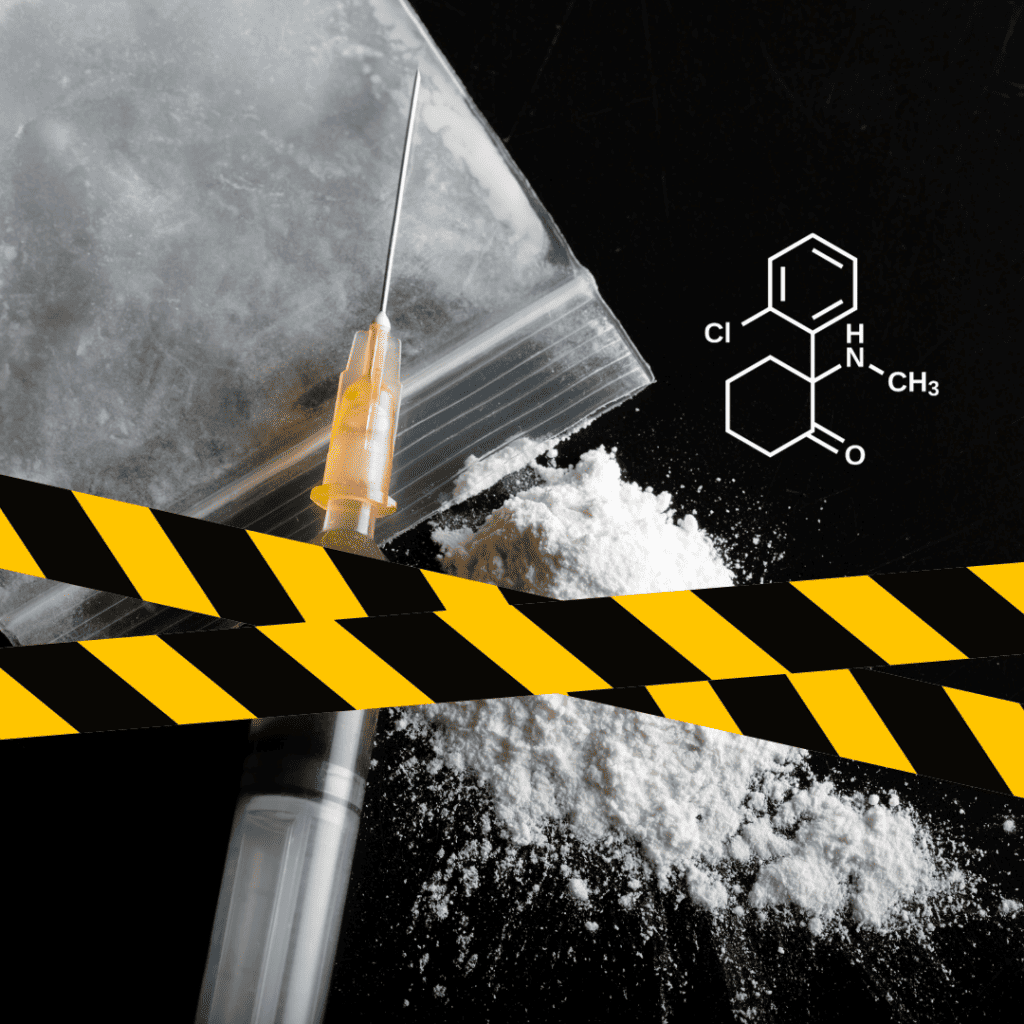
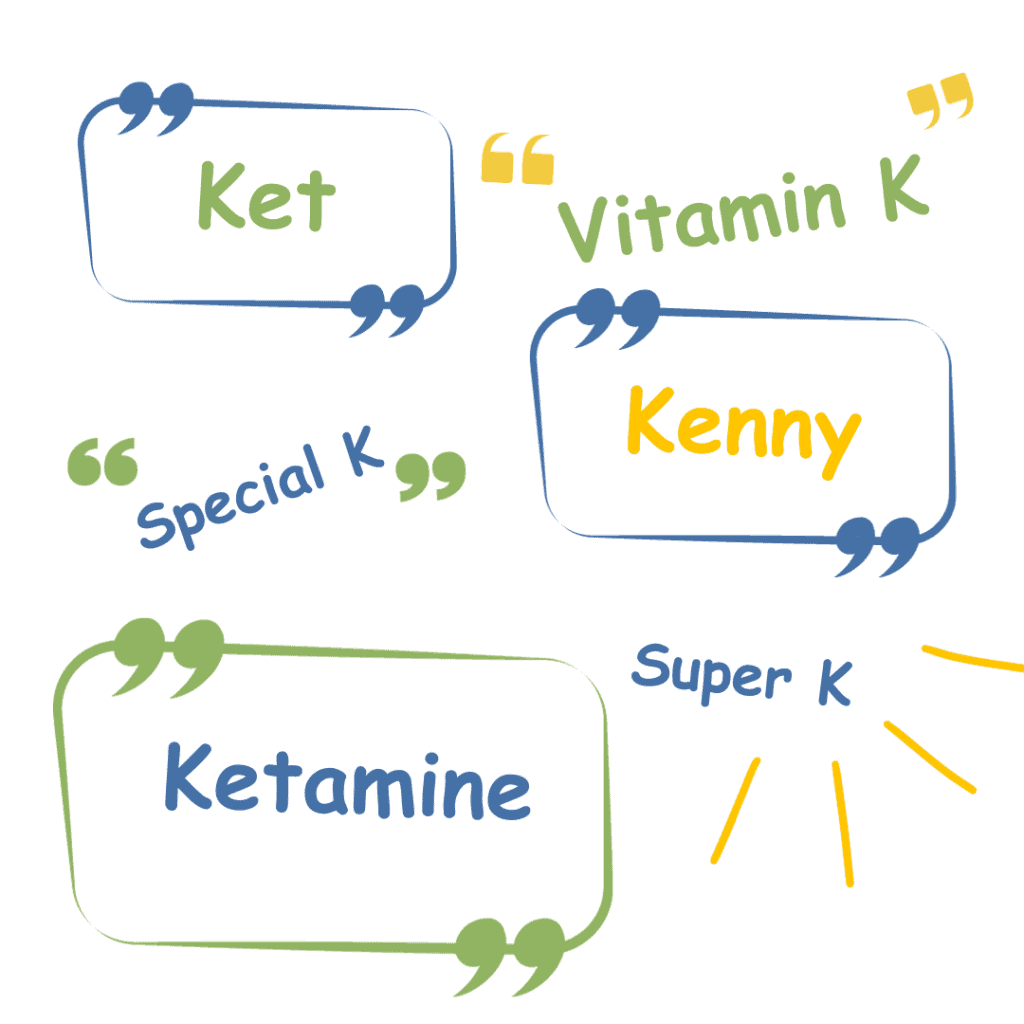
Ketamine is an increasingly popular recreational drug of choice for teens. This is a drug that no one should take. However, as a parent or foster carer you may not be able to stop children and young people coming into contact with it. Being informed could help the teenagers in your care to make the right decisions if they do.
Known by various nicknames -Ket, K, Kenny, Special K – Ketamine is a stimulant that in larger doses provides you with an “out-of-body” experience”, hallucinations, distortion of time and panic amongst other effects.
Also it affects you physically. You may lose control over you body, have difficulty speaking or experience numbness or nausea.
In legal terms, Ketamine is controlled as a Class B drug. The penalties for possession of this drug in the UK are up to five years in prison or an unlimited fine, or a combination of both. Dealing carries a 14 year prison sentence.
According to the government crime survey for England and Wales. “The proportion of 16 to 24-year-olds using the drug rose in 2017-2018 from 1.2 percent to 3.1 percent” – the highest figure since records began in 2006-2007.
As a foster carer or parent, you need to be aware of the real harm that ketamine use can have on physical and mental health of the young people you look after.
Advice for Foster Parents and Foster Families
Don’t assume children in your care won’t take Ketamine! Anyone in any environment or circumstance may choose it or be encouraged to try it. Access to Ketamine is easier than you might think. Teens especially can get access to “K” via their phones. Or it may be via a friend or at an event where it seems normal to participate.
Ketamine has no visible signs.
If you think a child you care for is taking Ketamine, there are no clues for you to look for such smell or bloodshot eyes. Plus its easy and quick to take. A line of Ketamine can be done very quickly which is a problem in a school environment.
- Ketamine and alcohol do not mix. You need to stress this point. It does not take much of either substance, taken in combination to have a deadly impact.
- Warn children of Ketamine’s strength. Why? Tell them tf they are going to do it, then to only take a really, really small amount. It is so much stronger than any other recreational drug like cocaine.
- Widespread use of Ketamine. You’ll find it in schools and rural areas and it’s cheap compared to other recreational drugs. The effects are short-lived. Plus it does actually help reduce anxiety – so its a real option for young people dealing with anxiety from school pressures.
- Ketamine can cause serious bladder damage. This drug has a toxic effect on the lining of the bladder and so it makes people want to go to the toilet more. Addicts as young as 16 have had to have their bladders removed meaning they have to wear a colostomy bag for the rest of their life.
- Spot signs if your child has a problem. If your child becomes withdrawn and irritable, this can be a sign of drug use – not just Ketamine. Cystitis problems may be an indication of Ketamine addiction. What’s quite distressing for you and your family is that because K is a dissociative drug, people on it seem completely separate from their environment – like zombies.
Tolerance to “K”
Although not considered to be physically addictive, tolerance to Ketamine builds up very quickly. You find that higher doses are needed to achieve the same desired effects over time. What this means in reality is that young people start to experiment, combining “K” with other drugs and alcohol which in turn increases the risks.
Get Help & Resources
To help parents and foster carers and also those who may be considering using Ketamine there are some excellent resources, advice and helplines available. Follow the links below for more information.
TALK TO FRANK (www.talktofrank.com): Ketamine
Drug Science (www.drugscience.org.uk): Ketamine
Substance Misuse Resources : This site provides credible and creative drug and alcohol awareness and harm reduction resources. Use the search function on the home page to access details about Ketamine including FAQs and Harm Reduction Information
Interested in helping children through fostering?
Providing a foster home for a teenager is just one of the specialist types of fostering that you can offer as a foster carer. Find out more about the options here.
